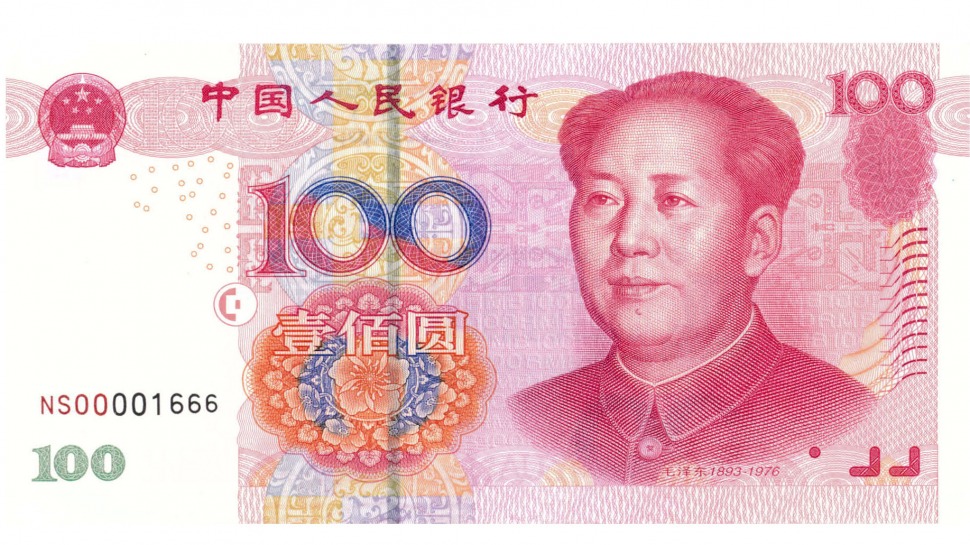
A senior official from the Bank of Japan (BOJ) has downplayed the potential of China's digital yuan to threaten the position of the U.S. dollar as the world's main reserve currency.
"The dollar’s status as the key global currency won’t change so easily,” said BOJ payment system's department head Kazushige Kamiyama, who has been put in charge of looking into a virtual Japanese currency. "In fact, the dollar’s advantage may strengthen further if the U.S. goes with digitalization."
BOJ says digital yuan will be kept in check by other countries digital currency efforts
The People's Bank of China (PBOC) has been working on a digital currency since 2014, and its move has heightened interest among other countries' central banks and policymakers. Since that time, the PBOC has rolled out a trial for consumers and businesses across China.
Among the countries looking into digital currencies is Japan. While banknotes and coins are still used in most transactions in the country, the ongoing global pandemic has accelerated the use of cashless transactions by the Japanese.
According to Kamiyama, while the BOJ has no specific plans to test a digital currency at this point, it had already started the first phase of its own technical experiments. It's also participating in group studies on them with the Bank for International Settlements and six major central banks. The latter includes both the U.S. Federal Reserve and the European Central Bank.
In October, the group said that the introduction of digital currencies shouldn't undermine the stability of the current financial system.
According to Kamiyama, the digital yuan shouldn't threaten other currencies as long as other countries also work on digitalization.
"No single digital currency from a central bank is likely to conquer the world as long as everyone continues to work on improving their settlement systems," he said.
Expert warns that China's head start gives it an advantage
Kamiyama's statement downplaying the digital yuan's chances at supplanting the dollar comes at odds with a recent opinion piece from the Financial Times.
In the op-ed, Michael Hasenstab, chief investment officer for Templeton Global Micro, stated that the acceptance of digital forms of currency such as cryptocurrencies, alongside other macroeconomic and political factors, could hasten the acceptance of a digital yuan as a rival to the U.S. dollar. (Related: SWIFT joint venture with China's Central Bank to internationalize digital yuan.)
"Central banks around the world have been grappling in recent years with the concept of digital currency technology," Hasenstab writes. "Few nations, though, are as aggressive as China in their approach to developing a so-called central bank digital currency."
He notes that China has been ramping up its trial of a digital yuan because of how such a system would allow it to reduce its reliance on the dollar and limit the role and oversight of foreign financial institutions and regulators.
In addition, a digital yuan would also be overseen by a central governmental authority. This would remove the anonymity that is fundamental to the decentralized, blockchain-ledger of popular cryptocurrencies like bitcoin or ethereum.
Hasenstab also points out that because of its aggressive rollout, China has a good chance of getting a digital yuan to fulfill the two conditions needed for a currency to be a prized asset. The first of these is that currency needs to be stable, liquid and widely used in international transactions. Then, the currency needs to be backed by a country to which other states have important security links.
These are conditions that China is on a clear path to satisfy as its government has maintained relative policy stability. The only challenge now is that yuan-denominated assets represent only a small portion of global reserves. A headstart in putting out a digital yuan could then help the currency overcome that.
Follow Risk.news for more on the latest news on financial markets and foreign currencies.
Sources include:
Please contact us for more information.



















